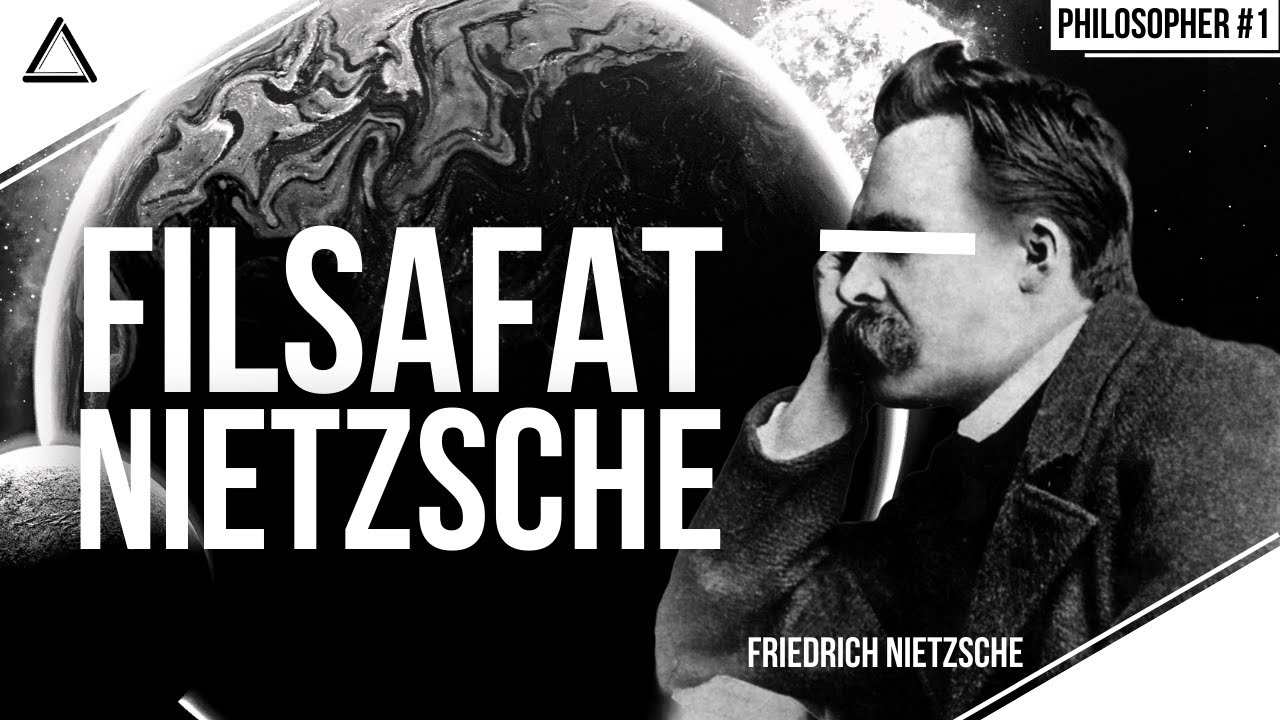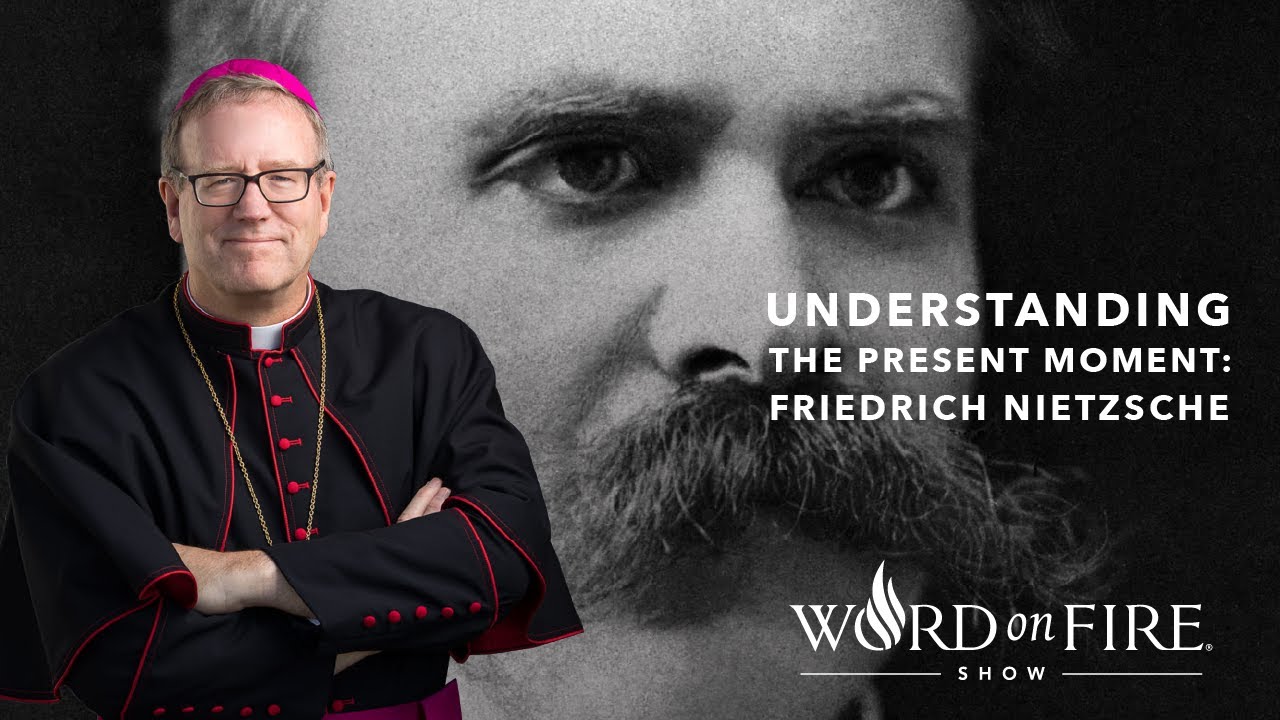The Philosophy of Nietzsche: The Birth of Tragedy, Thus Spoke Zarathustra; Genealogy of Morality
Summary
TLDRThis video delves into Friedrich Nietzsche's critique of modern civilization, exploring his views on the crisis of culture and the significance of tragedy in ancient Greece. Nietzsche argues that the rationality of the Enlightenment diminishes individual greatness, leading to a mediocrity that stifles human potential. He asserts that traditional moral values stem from the resentment of the weak towards the strong, culminating in his famous declaration that 'God is dead.' Emphasizing the need for individuals to reclaim their inner divinity, Nietzsche introduces the concept of the Übermensch, characterized by eternal return, self-transcendence, and the ability to redefine values, ultimately advocating for a profound evolution of humanity.
Takeaways
- 😀 Nietzsche is a critical philosopher who challenges the foundations of modern Western civilization, arguing that it has lost its myths and meaning.
- 🤔 The absence of meaningful myths has led to a cultural crisis similar to that experienced in ancient Greece, where tragedy provided a sense of community and purpose.
- 🎭 Nietzsche contrasts the Dionysian spirit of creativity and artistry with the rationality emphasized by philosophers like Socrates, advocating for a return to the former.
- 📉 He critiques the rise of scientific rationality, suggesting that it diminishes human creativity and reduces happiness to mere technological progress.
- 🗳️ Nietzsche criticizes democracy for elevating the opinions of the mediocre, which he believes stifles the exceptional individuals necessary for cultural advancement.
- 🔄 The concept of 'eternal return' challenges individuals to live their lives as if they would repeat their choices eternally, promoting deeper self-reflection.
- 💪 Nietzsche introduces the idea of the 'Übermensch' or 'superman,' representing an individual who transcends societal norms and redefines values.
- ⚖️ He argues that traditional morality, particularly influenced by Judeo-Christian values, promotes guilt and weakness, limiting human potential.
- 🌱 To become a superman, one must believe in eternal return, pursue self-transcendence, and dare to overturn established moral values.
- 🕊️ Ultimately, Nietzsche's philosophy encourages individuals to reclaim their inner divinity and creative potential, moving beyond traditional beliefs and societal constraints.
Q & A
What is the central idea of Nietzsche's critique of modern culture?
-Nietzsche critiques modern culture for its reliance on scientific rationality and democratic ideals, arguing that these have led to a cultural decline and a loss of meaningful connection to life.
How does Nietzsche contrast ancient Greek tragedy with modern rationalism?
-Nietzsche believes that ancient Greek tragedy allowed individuals to connect with the collective human experience, whereas modern rationalism, initiated by Socrates, has devalued myths and art, leading to a sense of rootlessness.
What does Nietzsche mean by 'slave morality'?
-Slave morality refers to the moral system that arises from the resentments of the weak against the strong, promoting values that stifle the potential of stronger individuals and creativity.
What is the significance of the concept of 'eternal return' in Nietzsche's philosophy?
-The concept of eternal return challenges individuals to live authentically by considering whether they would want their actions to be repeated infinitely, encouraging a life of meaning and intention.
Who does Nietzsche refer to as the 'Übermensch' or Superman?
-The 'Übermensch' is an ideal figure in Nietzsche's philosophy, representing an individual who transcends conventional values, embraces self-overcoming, and fully realizes their potential.
What does Nietzsche suggest about the worship of external deities?
-Nietzsche argues that worshiping external deities diminishes human potential, as it diverts energy and hope away from individuals, who should recognize their own inner divinity.
How does Nietzsche view the relationship between power and morality?
-Nietzsche sees morality as a construct often used by the weak to undermine the strong, suggesting that true morality should empower individuals rather than constrain them.
What are the three characteristics necessary for a person to become an 'Übermensch'?
-According to Nietzsche, to become an 'Übermensch', a person must believe in eternal return, pursue self-transcendence, and have the courage to overturn traditional values.
Why does Nietzsche appreciate Jesus and Paul despite his criticism of Christianity?
-Nietzsche appreciates Jesus and Paul as pioneers of a value reversal that empowers the weak, demonstrating that significant moral shifts can arise from those traditionally viewed as powerless.
What implications does Nietzsche's philosophy have for contemporary society?
-Nietzsche's philosophy invites contemporary society to re-evaluate its values, encouraging individuals to embrace their potential for greatness and to challenge mediocrity imposed by modern ideologies.
Outlines

This section is available to paid users only. Please upgrade to access this part.
Upgrade NowMindmap

This section is available to paid users only. Please upgrade to access this part.
Upgrade NowKeywords

This section is available to paid users only. Please upgrade to access this part.
Upgrade NowHighlights

This section is available to paid users only. Please upgrade to access this part.
Upgrade NowTranscripts

This section is available to paid users only. Please upgrade to access this part.
Upgrade NowBrowse More Related Video

Nihilisme Membunuh Nilai Tradisional | Filosofi Friedrich Nietzsche | Philosopher #1

PHILOSOPHY - Nietzsche

6 Facts How Ancient Greece Influenced Modern Society

HISTÓRIA GERAL #5 GRÉCIA ANTIGA (GEOGRAFIA E FORMAÇÃO)

Be Strong or Be Nothing: Nietzsche's Brutal Philosophy

Understanding the Present Moment #2 (Friedrich Nietzsche)
5.0 / 5 (0 votes)